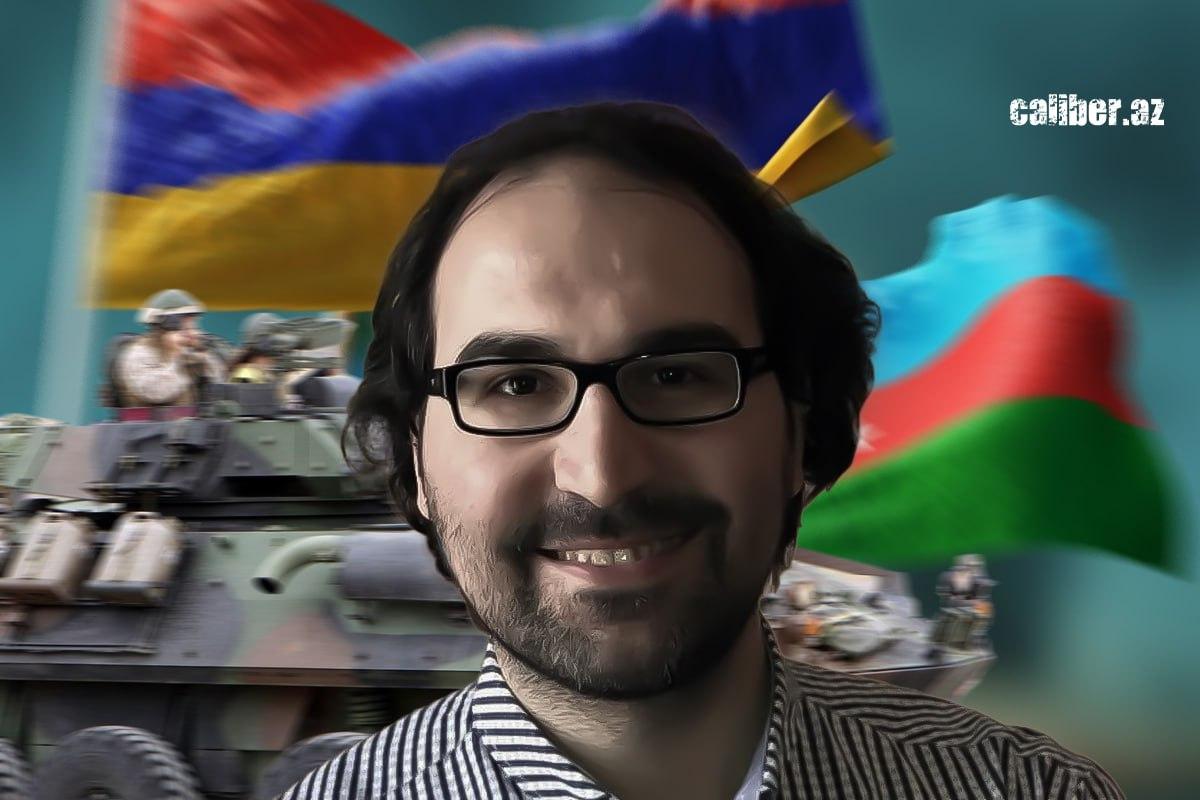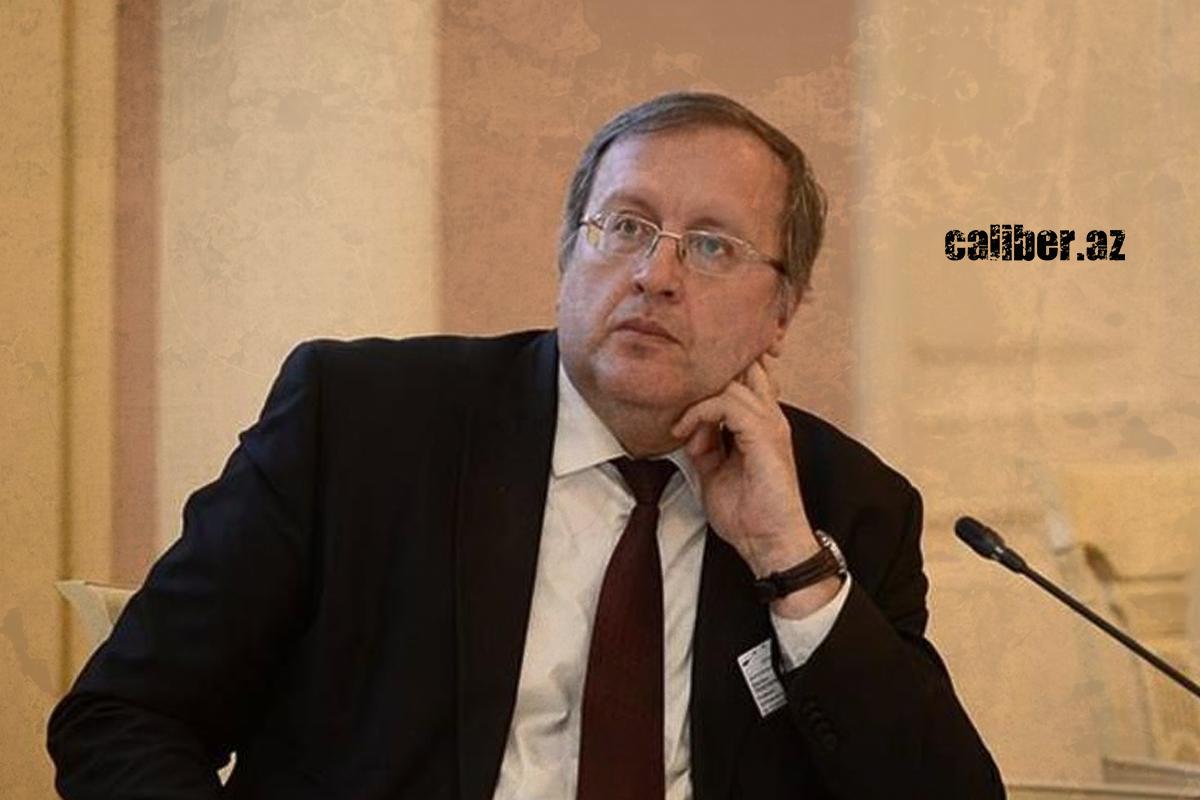The 3+3 format: Fostering peace and stability in South Caucasus Expert opinions
A recent ministerial meeting of the 3+3 regional format held in Istanbul culminated in a joint declaration that highlights the role of regional economic cooperation in building trust among participating countries, promoting prosperity, and ensuring stability. The 3+3 format consists of three South Caucasus countries (Azerbaijan, Armenia, and Georgia) and three neighbouring countries (Türkiye, Russia, and Iran), aimed at fostering collaboration and dialogue in the region.
During the meeting, the parties agreed to explore opportunities for cooperation in various sectors, including transportation, communications, trade, energy, investments, and infrastructure development. The importance of achieving peace and stability in the region through constructive dialogue was also emphasized.
To gain insights on the future of the 3+3 format, the Caliber.Az correspondent spoke with political analysts from Russia and Türkiye.

According to Turkish political scientist Kerim Has, the regional context of the 3+3 format is very important. All participants in the format are united by a common goal: the development of the region and its potential.
"The prosperity of the region and the enhancement of its capabilities are vital tasks for all participants in 3+3. For instance, Azerbaijan is highly interested in the opening of the Zangezur Corridor, which will undoubtedly lead to greater development in the region.
Armenia is the most isolated country in the South Caucasus, and regardless of what is said in Yerevan, there is a pressing need to overcome this isolation and unblock transport routes. This is a matter of survival for the Armenians.
Georgia currently faces serious complications with the West and is also focused on developing ties within the South Caucasus. There is a polarization of its political stance within the region rather than externally—regional countries are needed as a support system.
Russia, under the pressure of sanctions, is actively seeking new routes and transit opportunities in the South Caucasus, specifically the North-South corridor leading to Iran and the Zangezur Corridor. Consequently, the importance of the South Caucasus for Russia has increased significantly in recent years.
The importance of the region has also grown for Ankara—recently, the Middle Corridor from China has been actively supplying large volumes of cargo to Türkiye. This route has no alternatives, as trade transit through Russian territory is closed.
As for Iran, in the context of the new war in the Middle East and the clear increase in external threats from both the West and the East, Tehran is also seeking reliable support and backing in the South Caucasus, primarily from Russia.
Thus, the range of topics for discussion within the 3+3 format is extensive. It primarily encompasses trade and economic partnerships among the countries, as well as opportunities for unblocking communications, developing humanitarian ties, and enhancing political contacts. Interestingly, there is a strong sense that if the ruling party Georgian Dream wins the upcoming elections again, Tbilisi will likely join the 3+3 format as well,” according to the Turkish political analyst.
According to him, there is another threat now—the West is actively trying to establish itself in the South Caucasus, which most countries in the region do not welcome. As a result, the role of joint military and political cooperation is increasing because the countries in the region do not want an escalation of tensions and conflict, nor do they wish to serve the interests of external actors.
"As for the forecasts from the Armenian side, they are clearly inflated in their optimistic expectations. I am confident that no agreements between Erdoğan and Pashinyan will be reached that bypass the interests of Azerbaijan and Russia, neither during their meetings nor afterwards. Without Azerbaijan's consent, Armenia should not expect any exclusive benefits from Ankara. If Yerevan and Ankara sign anything in the near future, it means that Azerbaijan has already given its silent approval," emphasizes Has.

As noted by Stanislav Tkachenko, Doctor of Economic Sciences and Professor at St. Petersburg State University, the 3+3 format has been important for Russia at all stages of its existence as an optimal forum for discussing the entire range of regional issues in the South Caucasus.
"The Russian-Georgian conflict, followed by a long period of diplomatic 'cold peace,' led Russia to focus on bilateral relations, investing significant political and diplomatic resources in deepening ties with Azerbaijan and all other countries in the 3+3 group. This includes indirect relations with Georgia, where trade is increasing, visa-free exchanges are maintained, and direct contacts between citizens are expanding.
The new challenges facing the region, related to the conclusion of the military phase of the Azerbaijan-Armenia conflict, the ongoing sanctions war waged by the global minority against Russia, and the persistent crisis in the Middle East, have further increased the value of the "3+3" negotiation format, even without Georgia's direct participation. From the perspective of Russian diplomacy, the South Caucasus is particularly valuable because all the countries in the region are genuinely sovereign players in international relations, capable of openly discussing their national interests and defending them.
Yes, Russia is currently very concerned about Armenia's drift toward Euro-Atlantic structures and the loss of important elements of its sovereignty by Yerevan. However, Moscow believes that this process has not yet reached an irreversible stage and is striving to maintain Armenia as a military ally and a privileged partner," noted Tkachenko.
In his opinion, the changes in the agenda of the 3+3 format are connected to efforts to restore peace and stable economic growth in the South Caucasus region.
"In recent months, negotiations between Baku and Yerevan have intensified, Azerbaijan's ties with Iran are being restored, and Türkiye's diplomatic strategy is increasingly focused on ending Israel's conflicts with its neighbours, including the Gaza Strip, southern Lebanon, the West Bank, and certain regions of Yemen.
Nonetheless, the primary focus of the countries in the 3+3 group remains on peace, stable economic growth, and the restoration of transport and logistics routes in the South Caucasus. These issues, as seen from Russia, should be at the centre of the agenda for the revitalizing interstate format of cooperation.
It’s not difficult to guess what President Erdoğan discussed with the foreign ministers, despite the closed format of the meeting. The Turkish economy is in a challenging situation due to persistently high inflation, a sharp slowdown in economic growth, and a budget deficit. Türkiye urgently needs to recreate an atmosphere of stability both within the country and at its borders in order to focus on addressing pressing socio-economic issues.
One of these issues is the full restoration of relations with Armenia. The situation is gradually changing. Azerbaijan and Armenia are actively negotiating a peace agreement and restoring ties, which fully aligns with Türkiye's long-term interests as it sees itself as the largest player in the South Caucasus region, without whose consent no issues can be resolved," summarized Tkachenko.








